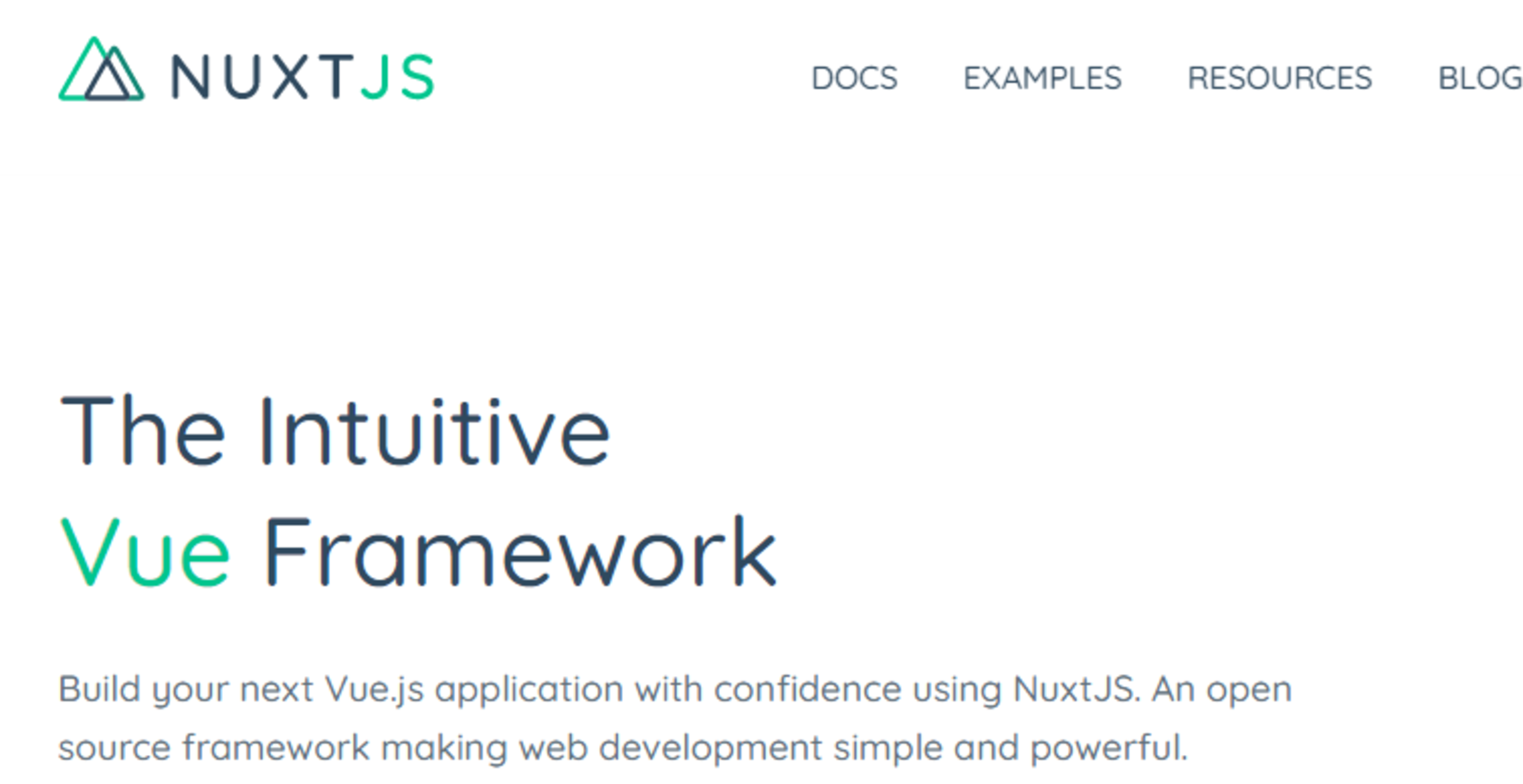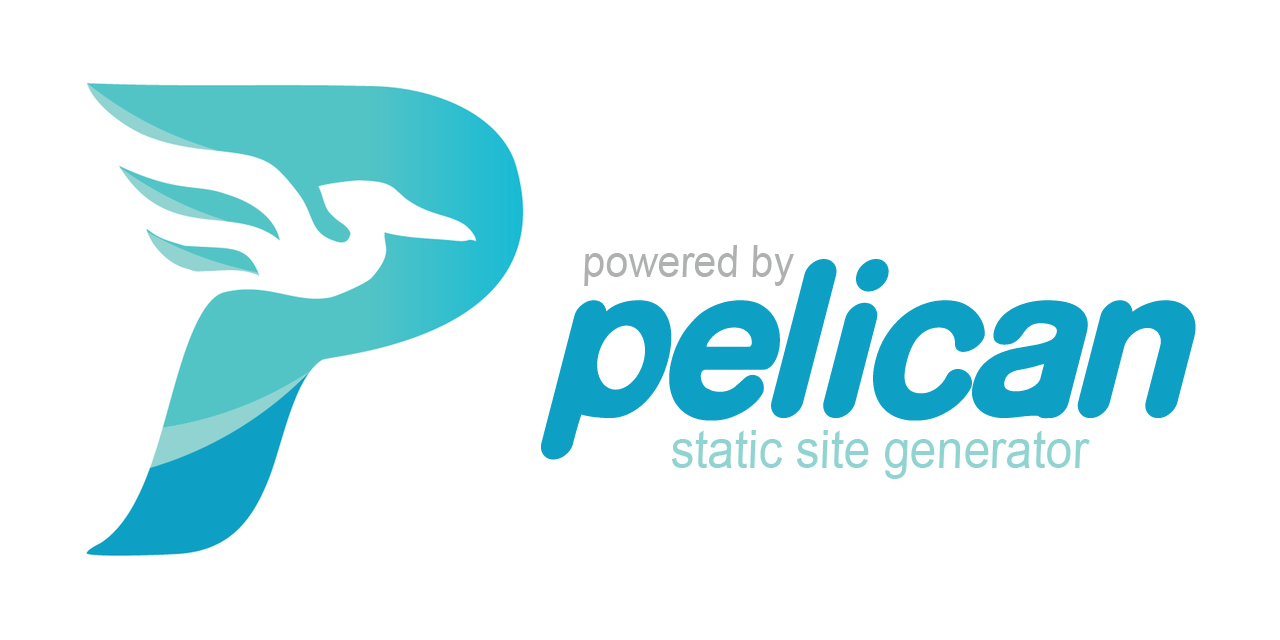Are you looking for an open-source static site generator? Look no further, this article has you covered.
Websites can be considered static or dynamic. A CMS (Content Management System) like WordPress usually powers dynamic websites. The content management system gets the information from a database and then fills out the content on a webpage every time a user requests it.
Static sites are websites served from a web server to the client with no changes. It's a straightforward method of building websites since each page in the website is a separate HTML file. In the early days of the web, this is how they would build websites.
So, if you visit the homepage on a static website, you are viewing an actual homepage file. In this article, we'll showcase 11 open-source and free static site generators you can use to build your website.
1. Jekyll
.png)
Jekyll is the pioneer of static site generators. It was first released in 2008 by Github’s co-founder Tom Preston-Werner. It’s written using Ruby, and it generates static sites by loading content from JSON, YAML, CSV, and TSV files.
Jekyll is powering GitHub Pages, which enables users to host their websites based on their GitHub repository account at no added cost.
Github link: https://github.com/jekyll/jekyll
2. Hugo
.png)
Hugo is an open-source static site generator built using the Go programming language. The thing that makes Hugo stand out is how fast it builds websites. It's also flexible and offers a powerful theming system that lets you create your theme.
It's available on multiple OS platforms, supports pretty URLs, and has various content types options.
Github: https://github.com/gohugoio/hugo
3.Publii
.png)
Publii is a free, open-source desktop-based app. It runs locally on your machine instead of the site's servers and doesn’t require internet access. So, you can work on your site offline.
When you get online, simply upload the changes to your server and it'll save the changes. There are several upload options, including the standard HTTP/HTTPS servers, Amazon S3, GitHub Pages, Netlify, SFTP, and Google Cloud.
With Publii, you can create a personal blog, portfolio, or corporate website. It also supports you to build, change, and run limitless sites from the same app with instant switching. You do not need to remember any databases or other credentials.
Github: https://github.com/GetPublii/Publii
4. Nuxt

Nuxt is an intuitive web framework based on Vue that enables you to build static sites. It's open-sourc,e and when you build your static site, you can host it for free on Azure Static Web Apps. Nuxt supports server-side rendering, which leads to a large SEO boost, better UX, and more opportunities compared to traditional Vue single-page applications (SPA).
Github: https://nuxtjs.org
5. Gridsome
.png)
Gridsome is yet another open-source SSG that is based on Vue.js and is powered by GraphQL. It uses the Jamstack framework, which enables it to build websites that are fast by default, better performing, equipped with higher security, feature low cost of scaling, and a better developer experience.
Gridsome supports PWA, which works offline when there's no internet connection, leveraging data cached during your last interaction with the app.
Github: https://github.com/gridsome/gridsome
6. Hexo
.png)
Hexo is a fast, simple, and powerful blog framework powered by Node.js. It supports all features of GitHub Flavored Markdown and most Octopress plugins. It also features powerful APIs that offer limitless extensibility.
There are various plugins to support most template engines, for example, EJS, Pug, Nunjucks, and many others. It also easily integrates with NPM (Node Package Manager) packages like Babel, PostCSS, and Less/Sass.
Github: https://github.com/hexojs/hexo
7. Docusaurus
.png)
Docusaurus is an open-source static site generator developed by Facebook. It's built using React and is powered by Markdown. You can write docs and blog posts using Markdown, and Docusaurus will publish a set of static HTML files.
Therefore, you can save time and just focus on your project’s documentation. You can even embed JSX components into your Markdown, thanks to MDX. Docusaurus also comes with pre-configured localization, which can translate your docs into over 70 languages.
Github: https://github.com/facebook/docusaurus
8. VuePress
.png)
VuePress is a minimalist Vue-powered SSG built by Evan You; the creator of Vue.js. It was developed to support the technical documentation needs of Vue projects. It's powered by Vue, Vue Router, and Webpack. Vuepress is open-source, simple to use, and requires minimal setup with markdown.
Github: https://github.com/vuejs/vuepress
9. Eleventy
.png)
Eleventy (11ty) is a simpler open-source SSG. It was created to be a JavaScript alternative to Jekyll. It has zero-config, which means Eleventy can run with no configuration files or command lines. Consequently, it lowers the barrier to entry for your first project build. You'll get your website up and running faster than ever.
Eleventy uses independent template engines. If you decide to use something else later, having your content organized this way will make migration easier. It also features multiple template languages. You can choose one or use them all together in a single project.
Github: https://github.com/11ty/eleventy/
10. Pelican

Pelican is an open-source SSG written in Python. Its features include writing content in reStructuredText or Markdown markup, easy to host static output, and customized themes via Jinja templates. It's also multi-lingual, has atom/RSS feeds, code syntax highlighting, import from WordPress and other services, modular plugin system, corresponding plugin repository, and many other features.
Github: https://github.com/getpelican/pelican
11. Lektor
.png)
Lektor is yet another Python-built open-source SSG. It's 100% file-based, meaning all source data is well structured and can be tracked in a version control system or cloud storage like Dropbox. It also has a flat-file database in which all source data is stored in a flat-file tree database and can be freely queried. The layout of that data is fully configurable.
Lektor has a customizable admin where you can edit your pages without having to touch the raw sources. It also has dependency tracking, where the build process intelligently tracks page dependencies such that it only rebuilds pages that have changed. Its other features include a plugin system, image tools, multilingual, deployed from any host, runs on Windows, Linux, and OSX.
Github: https://github.com/lektor/lektor
Build Your Static Website
Static websites offer a wide range of advantages. These websites are flexible, perform better, have fewer server-side dependencies, improved reliability, superior security, and superb version control and testing. If you're looking to build a static website, be sure to check out the above free, open-source static site generators.